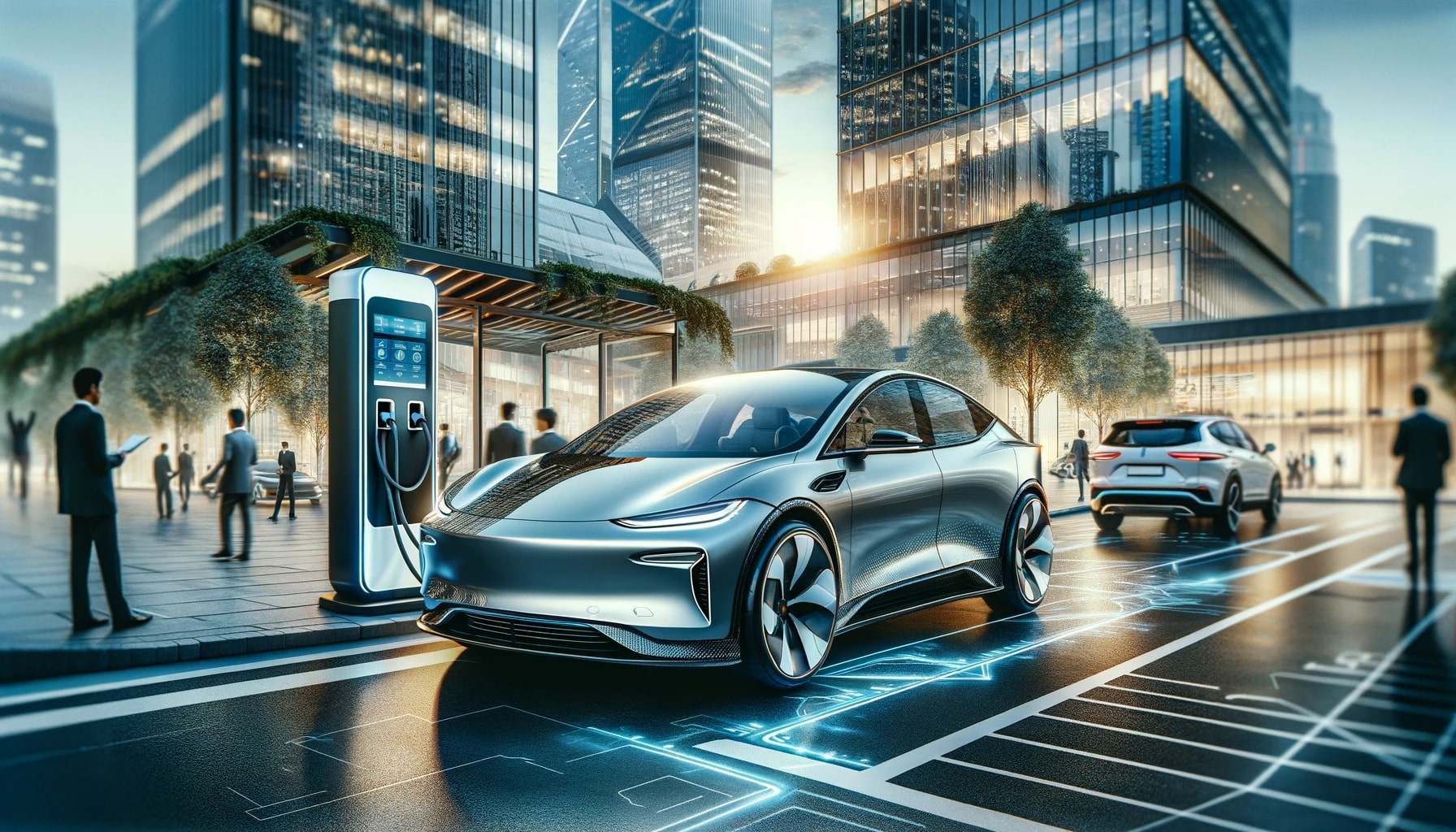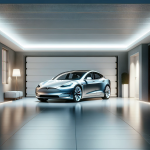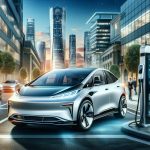In a strategic move set to bolster their presence in India’s rapidly growing electric vehicle (EV) sector, Hyundai Motor Company alongside its subsidiary Kia Corporation, has signed a Memorandum of Understanding with Exide Energy Solutions Ltd. This partnership is aimed at establishing a robust EV battery production operation within India. This collaboration signifies a key step in the automakers’ efforts to secure a significant share of the Indian EV market, which aligns with the government’s push towards eco-friendly transportation and carbon neutrality goals.
Strategic Partnership for EV Growth
Hyundai and Kia’s collaboration with Exide Energy Solutions Ltd. focuses on localizing the production of LFP (lithium-iron-phosphate) cells—a crucial component for electric vehicles. The move is designed to reduce costs and dependency on imports, providing both companies with a competitive edge in India. The LFP batteries manufactured will power the next generation of Hyundai and Kia electric vehicles earmarked for the Indian market.
Exide’s Legacy and New Ventures
Exide Industries, with its 75-year legacy as a leader in the lead-acid battery market, has ventured into the future of battery technology through its subsidiary. Exide Energy Solutions, established in 2022, is dedicated to the production of lithium-ion cells, modules, and packs. It offers various battery chemistries, aiming to cater to the diverse demands of the evolving EV industry in India.
Government Incentives and Tesla’s Perspective
India’s government has updated its EV policy to attract investment in local manufacturing and technology development. The updated policy requires a minimum investment, paving the way for foreign companies to set up shop in India. Tesla’s CEO Elon Musk has also recognized India as a vital market for electric vehicles, considering its population and potential for growth. Tesla’s Giga Berlin has initiated the production of right-hand-drive vehicles for India, signaling the entry of the Model Y into the Indian market. Similarly, Panasonic Energy has engaged in discussions with Indian Oil about setting up EV battery production in India.
Further insights into the topic reveal that Tesla’s anticipation for a stronger presence in India is backed by new governmental EV import policies, which create a more feasible environment for companies like Tesla and potentially for Hyundai and Kia as well. Additionally, an article from The Economic Times titled “Panasonic to consider battery production in India with Indian Oil” adds to the narrative of multinational companies exploring India’s EV market potential.
Useful information for the reader
- Hyundai and Kia aim to use local LFP battery production to power EVs.
- Exide Energy Solutions focuses on lithium-ion battery technology.
- India’s new EV policy encourages foreign investment in local production.
The collaboration between the South Korean automotive giants and Exide Energy Solutions reflects a well-devised strategy to capitalize on India’s evolving electric mobility landscape. By establishing a local supply chain for EV batteries, Hyundai and Kia not only gain a competitive edge but also contribute to the country’s ambitious carbon neutrality targets. The partnership is a testament to the significance of strategic local manufacturing in the global shift towards sustainable transportation. With government policies now favoring such collaborations, Hyundai and Kia’s venture may well serve as a blueprint for other automakers eyeing the Indian market.










